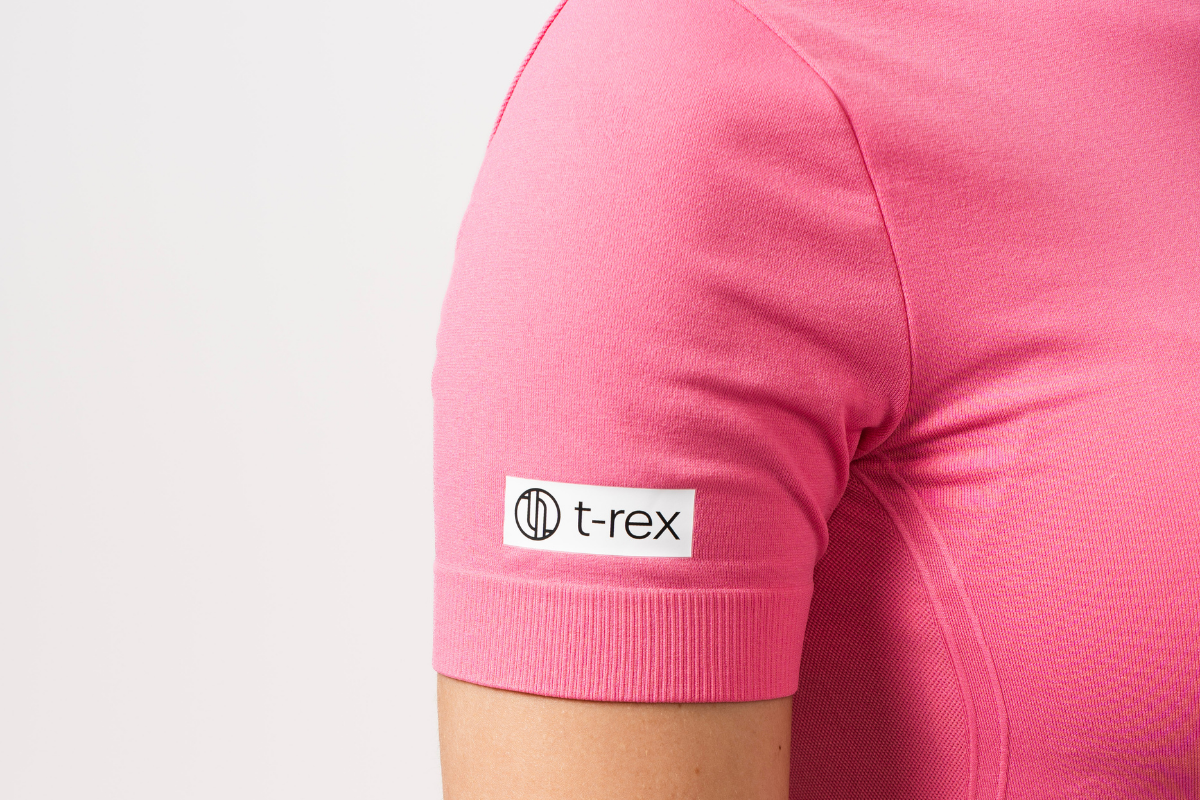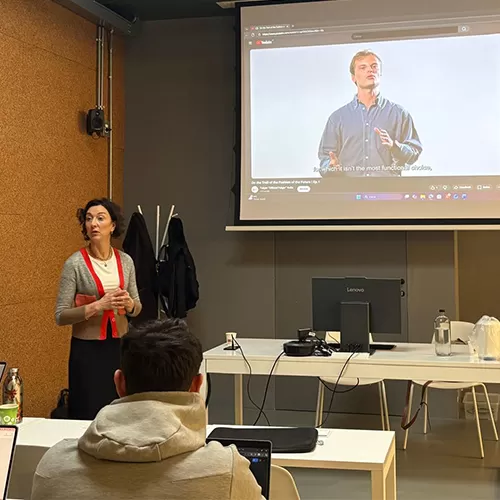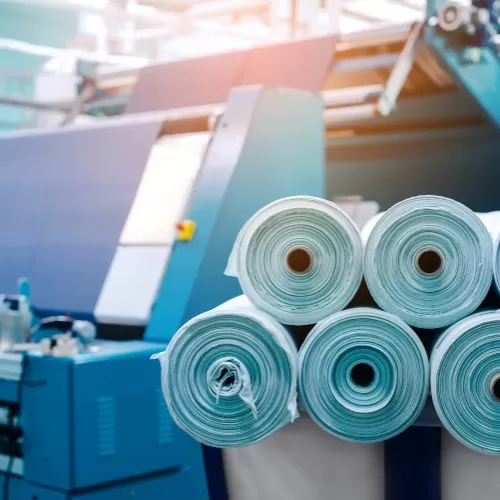02 Jul 2025
Fulgar among the key players of the european T-REX PROJECT
for the evolution of TEXTILE-TO-TEXTILE RECYCLING
Fulgar, the Italian company and leader in the production of innovative and sustainable yarns, announces its participation as one of 13 strategic partners across the textile supply chain – and the only nylon spinner – in the European T-REX (Textile Recycling Excellence) project, founded by the EU and launched in 2022. This international initiative began three years ago with the goal of developing a harmonized closed-loop textile-to-textile recycling plan. A story of collaboration, innovation, and a shared ambition to build a more sustainable future for fashion and textiles.
Each year, over 6.95 million tonnes of textile waste are generated in the European Union alone. Most of it ends up in landfills or is incinerated. In this context, T-REX provided a concrete response, proposing technological, economic, and regulatory solutions to make large-scale recycling a reality by 2030, when textile waste is expected to exceed 7.3 million tonnes. While recycling can help manage the growing volume of non-reusable textile products, it must be part of a broader strategy that also prioritizes reuse, repair, and demand management.
Fulgar's contribution was key in demonstrating the technical feasibility of spinning recycled polyamide 6, maintaining identical quality and performance, thanks to its expertise in regenerating high-performance synthetic fibers and producing eco-innovative yarns already used worldwide in sportswear, fashion, and underwear sectors. The T-REX project concluded at the end of May with the presentation of a comprehensive program for textile-to-textile recycling, supported by technical reports, LCA studies, real-life case studies, and key recommendations. The project highlighted four main areas of intervention: technical scalability, economic sustainability, environmental impact, and regulatory recommendations.
It also emphasized the urgent need to improve sorting and pre-treatment technologies, which still rely heavily on manual and inefficient processes. Automation (e.g., NIR and artificial intelligence) and the co-location of sorting and pre-processing plants are essential levers for optimizing both quality and yield of recyclable material. Although the demand for recycling solutions is increasing, there are still obstacles related to access to high-quality raw materials and high operational costs in Europe. To make the system economically sustainable, incentives, new infrastructure, and greater standardization in product design and collection systems are needed.
Textile recycling can significantly reduce environmental impact, but it is necessary to improve energy efficiency and integrate low-impact production processes across the entire supply chain, from dyeing to garment manufacturing. Designing longer-lasting, reusable garments is also key. The project concludes with concrete policy suggestions, such as defining harmonized criteria for textile waste end-of-life (End-of-Waste), setting realistic targets for recycled content, and introducing recyclability standards for garments.
“We are proud to have actively contributed to such an ambitious and strategic project for the future of the European textile sector,” said Daniela Antunes, Marketing Manager at Fulgar. “We’ve been investing for years in technologies and materials that reduce the environmental impact of the supply chain. The T-REX project confirms the urgency and real potential of recycling as a lever for systemic change”.
With its ongoing commitment to sustainable innovation, Fulgar confirms its role as a key player in the textile supply chain, actively contributing to the development of a more responsible production ecosystem. Through the development of new generations of fibers and low-impact processes, the company promotes an industrial model that combines high performance, aesthetics, and sustainability, working with partners and stakeholders to transform the entire value chain.
DISCOVER MORE





